Have you ever wondered whether it is safe to use porcelain in the microwave? This blog post aims to provide you with a comprehensive understanding of the topic, highlighting the importance of understanding the safety of using porcelain in the microwave. When it comes to our health and the longevity of our dinnerware, it is crucial to be aware of the potential risks and benefits associated with using porcelain in one of our most frequently used kitchen appliances.
What is Porcelain?
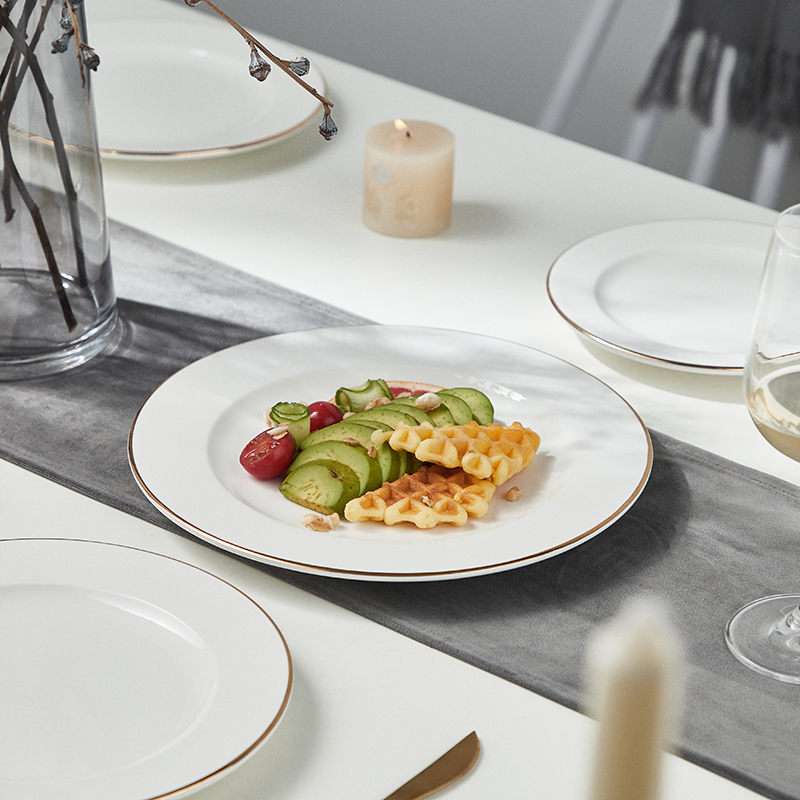
To fully grasp the concept of whether porcelain is safe to use in the microwave, we must first understand what porcelain is. Porcelain is a type of ceramic material that originated in ancient China during the Tang Dynasty. It holds a rich history and has been valued for its durability and beauty for centuries.
Characterized by its fine texture and translucent appearance, porcelain is made from a delicate blend of clay, feldspar, and silica. The mixture is fired at high temperatures, resulting in a dense and non-porous material. This unique combination of raw materials and firing process gives porcelain its renowned strength and elegance.
Understanding Microwave Safety
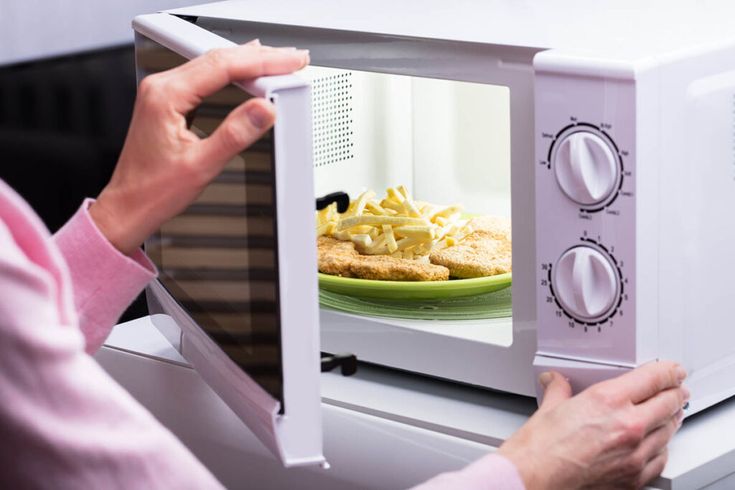
source: pinterest
Microwaves have become an essential part of modern kitchens, offering convenience and quick meal preparation. To comprehend whether porcelain dinnerware is microwave safe, it is essential to understand the science behind microwave technology.
Microwaves work by emitting electromagnetic waves that have the ability to penetrate food and cause water molecules to vibrate rapidly. This vibration generates heat, thus cooking the food.
Although this technology seems fascinating, it is important to note that not all materials can withstand the heat generated by microwaves. Unsuitable materials can potentially melt, release harmful chemicals, or even cause fires. Hence, understanding microwave safety is crucial to prevent any accidents or health hazards.
Factors That Make Porcelain Dinnerware Microwave Safe
When it comes to using porcelain dinnerware in the microwave, several factors play a crucial role in ensuring its safety. The raw materials used in manufacturing, firing process, and glazing techniques all contribute to the microwave-safe nature of porcelain dinnerware.
Raw Materials Used in Manufacturing
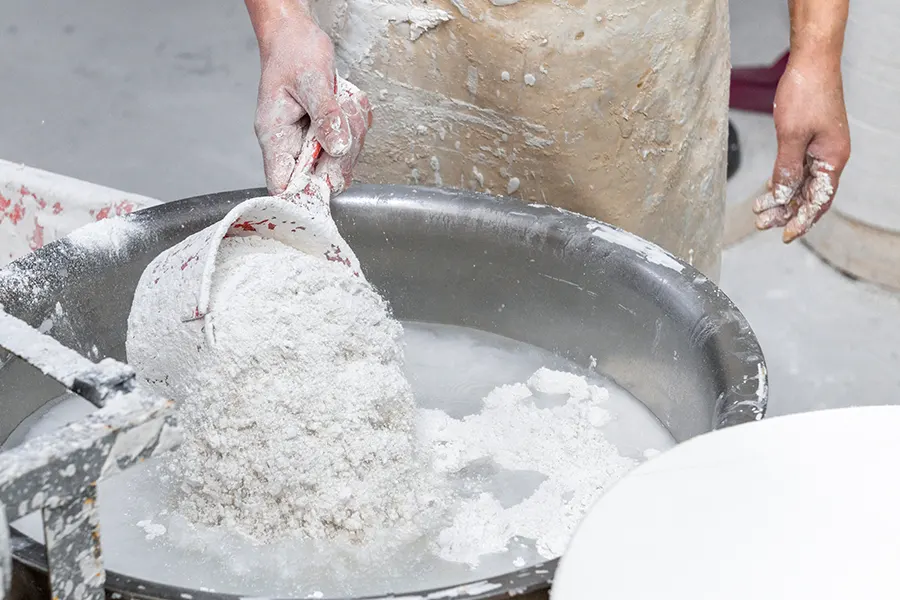
High-quality porcelain dinnerware is specifically designed and manufactured using a controlled mixture of clay, feldspar, and silica. These raw materials are carefully selected to ensure their suitability for microwave use. The firing process further enhances the properties of porcelain, as extreme heat transforms the components into a solid and durable material.
Firing Process and Glazing Techniques

Glazing techniques employed during the manufacturing process also contribute to the microwave safety of porcelain dinnerware. The glaze acts as an additional protective layer, preventing moisture and food particles from seeping into the porous surface of the porcelain. This not only makes the dinnerware easier to clean but also eliminates the risk of bacterial growth.
Quality Control and Testing Procedures
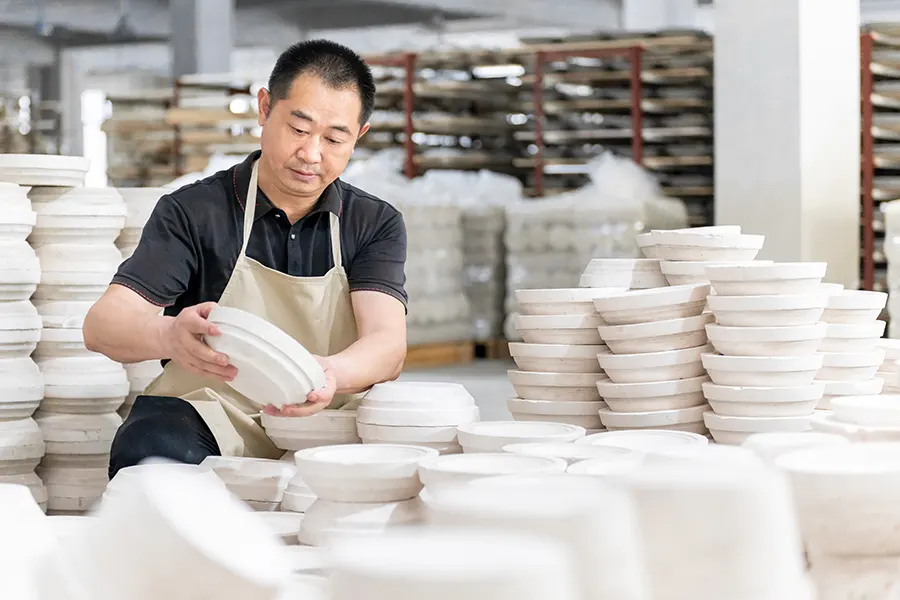
To ensure microwave safety, reputable porcelain dinnerware manufacturers subject their products to stringent quality control and testing procedures. This includes testing for thermal shock resistance, where the dinnerware is exposed to sudden temperature changes to mimic microwave use. Manufacturers also adhere to safety standards, ensuring that their porcelain dinnerware is free from harmful substances, such as lead or cadmium, which could potentially leach into food during microwave heating.
Benefits of Using Porcelain Dinnerware in the Microwave
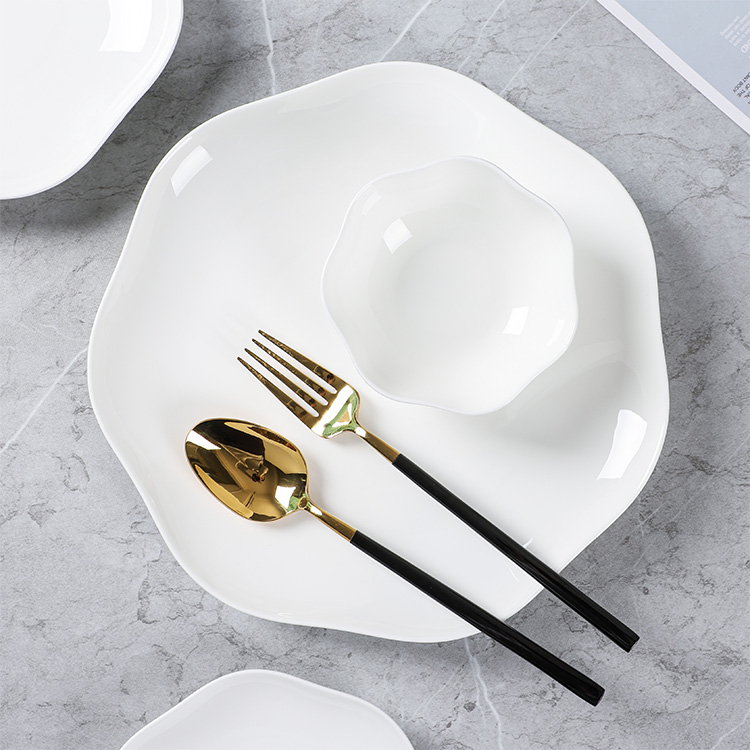
Using porcelain dinnerware offers numerous benefits that go beyond microwave safety. When it comes to cooking in the microwave, porcelain provides even heat distribution, enhancing the overall cooking experience.
Even Heat Distribution for Optimal Cooking
Due to its dense nature and ability to retain heat, porcelain ensures optimal cooking, preventing food from becoming over or undercooked. This even heat distribution allows for consistent results, whether you are reheating leftovers or cooking a delicious meal from scratch.
Retention of Flavors and Moisture
Furthermore, porcelain dinnerware possesses remarkable heat retention properties. As microwaves penetrate the food, porcelain traps the heat, helping to retain flavors and moisture. This ensures that your meals are not only cooked to perfection but also preserve their delicious taste and tenderness.
Versatility and Aesthetic Appeal
In addition to its functional benefits, durable porcelain dinnerware brings a touch of elegance and versatility to the dining table. With a vast array of designs, patterns, and colors available, porcelain can be effortlessly incorporated into any home decor. Its timeless beauty enhances the visual appeal of culinary creations, elevating the dining experience for both everyday meals and special occasions.
Tips for Safely Using Porcelain in the Microwave
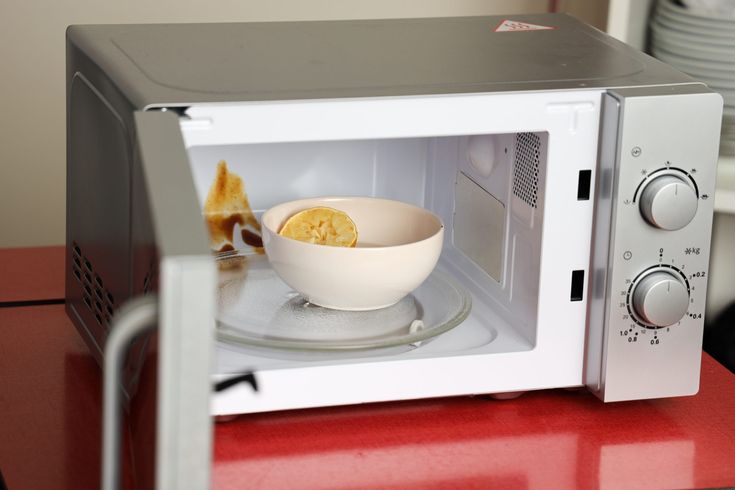
source: pinterest
To ensure the safe usage of porcelain dinnerware in the microwave, it is essential to follow precautionary measures, proper handling, and care instructions.
Precautionary Measures to Take Before Using Porcelain Dinnerware
Before placing your porcelain dinnerware in the microwave, it is recommended to perform a simple test. Place the dinnerware in the microwave with a small amount of water in it and heat it for a short duration. If the porcelain remains cool, it is safe to use in the microwave. However, if it becomes hot to the touch or shows any signs of damage, it is advisable not to use it for microwave cooking.
Proper Handling and Care Instructions
Proper handling and care are also crucial in maintaining the longevity of your porcelain dinnerware. Avoid sudden temperature changes, such as placing hot dinnerware in cold water or vice versa, as this can cause thermal shock, leading to cracks or breakage. It is also important to handle porcelain dinnerware with care, avoiding rough handling, stacking heavy items on top, or using metal utensils that can potentially scratch or chip the surface.
How to Prolong the Lifespan of Porcelain Dinnerware
Best practices to prolong the lifespan of porcelain dinnerware include handwashing with mild dish soap and avoiding the use of abrasive cleaners or scrubbers. Additionally, drying the dinnerware immediately after washing and storing it properly can help prevent moisture absorption and potential damage.
FAQs About Porcelain Dinnerware
1. Does porcelain dinnerware chip easily?
Porcelain dinnerware is known for its durability and resistance to chipping. While it may not be completely chip-proof, it is less prone to chipping compared to other materials like stoneware or earthenware.
2. How durable is porcelain dinnerware?
Porcelain dinnerware is generally considered to be quite durable. It is fired at a high temperature, making it strong and less susceptible to breakage. With proper care, porcelain dinnerware can last for many years.
3. Is porcelain good for dinnerware?
Porcelain is widely regarded as a great choice for dinnerware. It is lightweight, elegant, and has a smooth and non-porous surface which makes it resistant to stains and odors. Porcelain dinnerware is also heat-resistant, microwave-safe, and can be used in the dishwasher.
4. Which is better, porcelain or ceramic plates?
Porcelain and ceramic plates are both popular choices for dinnerware, the choice depends on individual preferences and budget considerations. Generally, porcelain is considered to be a higher-quality and more refined material compared to ceramic. It tends to be more durable, has a finer texture, and is usually more expensive. However, ceramic plates can come in a wider variety of styles and designs.
Conclusion
In conclusion, using porcelain in the microwave can be safe and practical if proper precautions and guidelines are followed. Understanding the properties, manufacturing processes, and quality control measures associated with porcelain dinnerware can help you make an informed decision about its microwave usage. So next time you reach for your favorite porcelain dinnerware to heat up a meal in the microwave, rest assured that with the right knowledge and precautions, you can enjoy both the practicality and elegance that porcelain brings to your dining experience.


